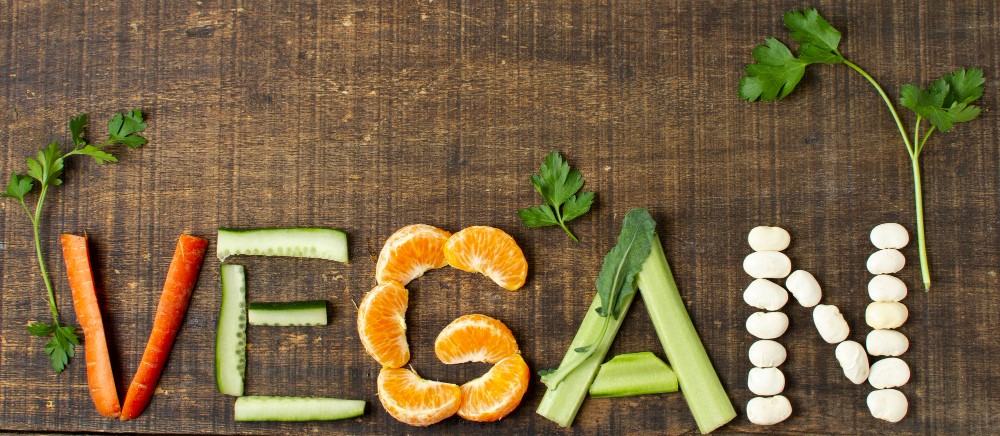vegen diet types and importance.
Following a vegetarian diet was not very popular until a few years ago. This type of food was also very difficult to have unless you paid attention to buying it at markets or herbalists. Over time, supermarkets have heard a growing trend to introduce more vegetables in the diet and offer different conditions. It will always be the healthiest to buy fresh and natural foods, since we can now find everything from hamburgers to sausages.
Vegetarians exclude all meat of animal origin from their diet, although they can be flexible with dairy and eggs. To be a lion it is important not to be a biological protein, but a lake of life. Any product or material that contains or has been tested on animals is rejected. Generally, many people are motivated by lions to defend ethical, economic, environmental or religious issues.
Types of diet
The types of vegetarian diets (which we will explain below) are all typical, having a high content of vegetables, whole grains and legumes. Fortunately, the types of seeds, soybeans, tofu, tempeh, seitan or sprouts are much easier to implement.
Learn what the different diets of lions are;
Veganism. They are mostly a leo type. They do not consume food of animal origin, nor its derivatives. That is, neither milk, nor honey, nor eggs, nor dairy products.
Crudivorismus There is a type of diet that can be considered vegan. Only raw and unprocessed foods are consumed. It is based on fruits, vegetables, herbs, nuts, seeds, whole grains and legumes.
Ovolactovegetarianism In this case, eggs and dairy products are included in the diet. It is the type of vegetarian diet most commonly served in the West.
Ovovegetarianism / Lactovegetarianism They only introduce eggs or dairy products into the food of animals.
frugivorous diet This type of diet consists of fruits, nuts and seeds. Those apples that are considered vegetables, such as tomatoes or avocados, are contained, while the rest of the vegetables are avoided.
What benefits can we find?
Despite everything you've heard about a vegetarian diet, you can be properly nourished by avoiding the consumption of foods of animal origin. Even during pregnancy, lactation or children in the growing season. There is no nutritional risk if properly administered. It was in 2009 when the American Dietetic Association confirmed that their research had found no gender risk.
The benefits that we can get with the oil diet are:
Lower cholesterol and triglycerides. If you do not eat foods of animal origin, blood cholesterol is not provided.
According to a study published in Public Health Nursing, the risk of heart disease is 32% lower. By having less cholesterol in the arteries, the blood can work better and there is less risk of cardiovascular problems.
The University of Oxford has conducted research confirming that blood pressure levels are lower. This is mainly related to not eating meat, as it lowers blood pressure.
There is less risk of type 2 diabetes. If a vegetarian diet is followed correctly, carbohydrates are generally considered to be complex and healthy. Obviously, if you consume the product beyond the process, you will not get the benefits.
The cancer rate is lower following this diet, and this was confirmed by a study published in the Journal of the American Dietetic Association. It clearly shows a lower risk of colorectal cancer, due to the amount of fiber consumed and the absence of saturated fat.
Better intestinal transit due to fiber consumption.
Although the benefits are very prominent and clear, it is logical that in some cases it is necessary to take vitamin supplements, such as vitamin B-12, vitamin D, iron, calcium, zinc, folic acid or DHA. They can be obtained through food, but each person is unique.
One in five Spaniards does not eat meat
A report by IPSOS Global Consultancy states that one in five Spaniards (20%) follow a vegetarian, vegan, flexitarian or pescatarian diet. The diet most followed by the Spanish is omnivorous (75%); followed by flexitarians (16%), in which they do not consume meat, but eat eggs or dairy products; and vegans 1%.
A very significant increase was noted in the diet without food of animal origin. Although eating habits tend to favor an omnivorous diet, 41% of vegetarians and vegans say they have followed this diet for 6 months or less.
For its content adheres to each of our editorial ethical principles. To report an error click here.



-min.png)




-min.png)






0 Comments